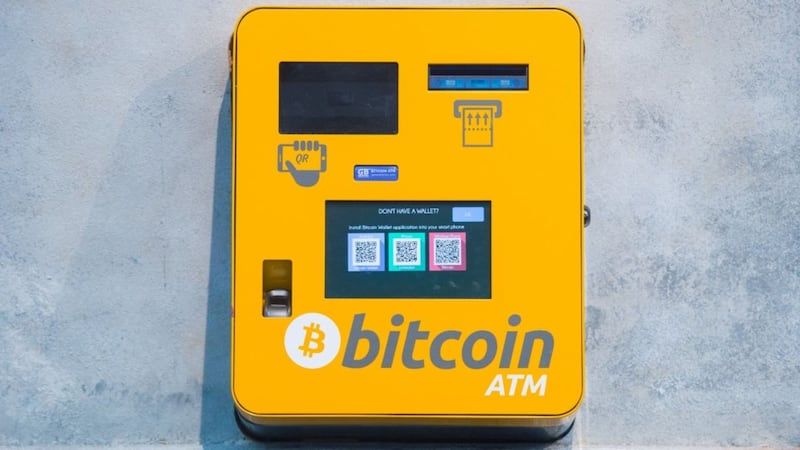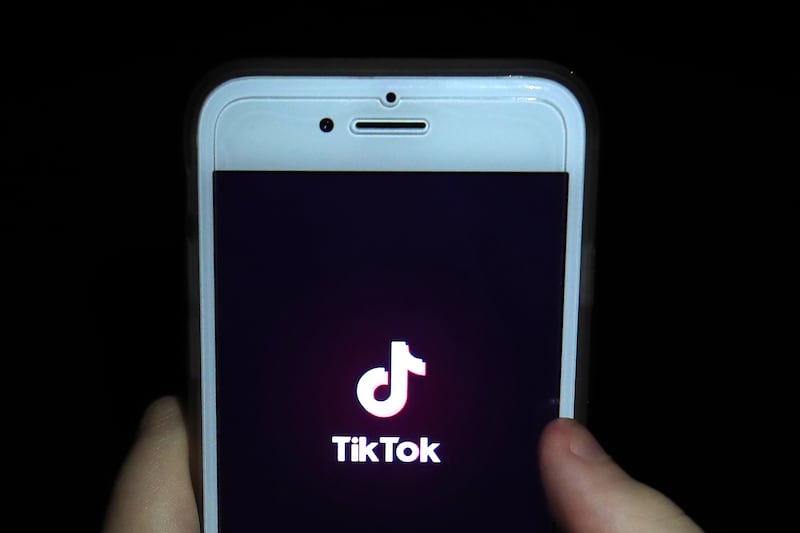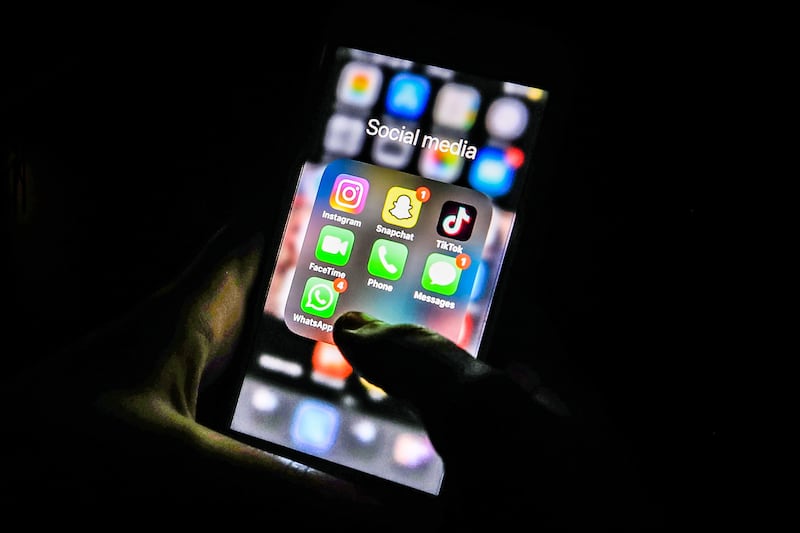You might not be able to walk into a supermarket and pay for your groceries with Bitcoin, but this digital currency may have possibly been the best-performing currency of 2016.
The value of a single Bitcoin recently topped $1,000 (£815) for the first time in three years and was as high as $1,029 (£837) on Tuesday, according to CoinDesk data.
it only goes up! the rise and rise of #bitcoin #Bitcoin1000 pic.twitter.com/dCsxkyl2VD
— BitcoinEmpire (@BitcoinEmpireCG) January 1, 2017
Analysts speculate it will pass its all-time high of $1,216.7 (£989) set in 2013.
Here’s everything you need to know:
Why is Bitcoin on a bullish trend?
Analysts believe global turmoil and the shifting political landscape are some of the factors – with the US elections and Brexit playing a possible role.
In India, Prime Minister Narendra Modi’s controversial decision to remove high-denomination banknotes from circulation could also have added to the recent spike.
Experts are also speculating increased demand from China could be yet another reason – where people are using the currency to work around the strict government rules that prevent money from leaving the country.
Bitcoin is used as an anonymous way to move money around the world – making it popular for payments that involve illicit products and services.
What exactly is a Bitcoin?
Bitcoin is a virtual currency that was created in 2009.
Bitcoin is used online to buy goods and though some physical versions of coins exist it is the private codes written inside them that make them valuable, as this is what’s used online to make transactions. Few shops currently accept them.
Like other currencies, the value of Bitcoin changes as the amount people are willing to pay in exchange for it does.
How does it work?
Each Bitcoin sits in a user’s “digital wallet” – much like an online bank account.
Users can then send whole or parts of Bitcoins to other people to carry out a transaction. Each transaction takes place directly between two people, with no intermediary.
All Bitcoin transactions are recorded in a public list known as the blockchain. This prevents people spending Bitcoin they don’t have as well as tracing the entire history of every coin thanks to the unique digital signature each coin has.
It also means that if a user loses or deletes their digital wallet their Bitcoins are lost forever.
How do you get them?
One way in is to buy them using real money. Another option is to sell items and accept Bitcoin as a form of payment.
The third way – a crucial feature at the heart of how the whole system works – allows you to create new Bitcoin by processing the transactions of others. This process is known as “mining” and essentially involves lending the processing power of your computer to help log other transactions taking place using Bitcoin.
However, the creation of new coins is moderated to keep its value. It can take users years to earn even a single coin.








